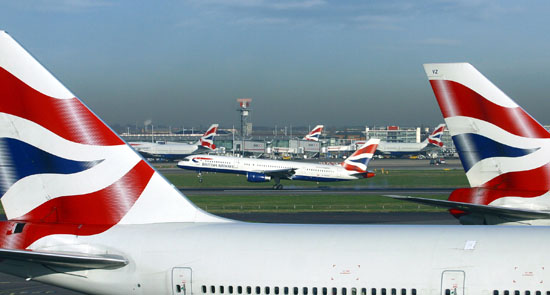No products in the cart.
British logistics companies call for representation at Brexit negotiations
You’ve been broken up with your ex for more than a year. In that time, you realize perhaps you were a bit too hasty in calling it off. Do you pick up the phone and make that call?
In post-Brexit U.K. that option grows increasingly attractive as the realities of economic isolation set in.
But for those resigning themselves to diplomatic bachelorhood, salvaging existing business ties is a priority. “The government has recognized that it cannot drive the British economy off the cliff edge of Brexit,” says James Hookham, deputy chief executive for the Freight Transport Association (FTA).
A U.K. trade association that represents freight forwarding and logistics companies, the British International Freight Association (BIFA) applauded what it called, “a united position in the Cabinet in favor of a more businesslike approach to Brexit and the need to facilitate trade with the E.U.”
The U.K. government is now proposing an “innovative and untested approach,” featuring two basic options for the future E.U.-U.K. customs arrangements (link). One option is highly streamlined, keeping the additional requirements for E.U.-U.K. trade to a minimum, with a minimal system of customs declarations still required.

The second, which BIFA has come out in favor of, proposes a new customs partnership with the E.U. The second proposed system would remove the need for customs processes at the border, although it would align U.K. and E.U. customs procedures. BIFA called the second proposal, “very radical and has not been tried before.”
The European’s are circumspect, having previously stressed that the U.K. can’t have access to Europe’s unfettered trade advantages if it closed its borders to the free movement of E.U. citizens.
Without logistics interests at the table, British companies will face serious impediments to trade, said the FTA. “To secure the best possible deal for British business will take skill and understanding of how trading relationships work, in order to obtain the buy-in of the rest of the EU27 countries, as well as the E.U.’s own bureaucrats.”
Whichever deal moves forward, the FTA wants to be at the table to develop efficient customs procedures, post-Brexit, to ensure that trade continues unimpeded. The organization has offered up its specialist knowledge, as well as negotiations, to help reach the “best possible deal for Britain.”
“No trade deal will succeed unless freight and logistics requirements have been factored into any discussions between the E.U. and the U.K.,” said Hookham. “Without involving the sector in negotiations, the government risks driving the country’s economy off the Brexit cliff onto the beach below.”
To learn more about future innovations in freight forwarding, air freight and logistics, join us at Air Cargo World’s ELEVATE Conference in Miami, Oct. 2. Click here for registration information.

















